
It can be easy to stereotype the image of a “leader” and forget that leadership is a skill that can be built upon in any role and context. Our identities can often get linked to our jobs, roles, or titles, while we lose sight of our larger narrative. One leader who understands how to focus on the larger narrative is Deb Liu, CEO of Ancestry and an award-winning tech leader with a dynamic career in the industry. In her article below, she talks about how recognizing who you are and where you are going, regardless of your title and company, is to understand the chapters within your narrative.
We’re excited to welcome Deb Liu to The Global Leadership Summit stage in August 2022!
Deb has been named one of Business Insider’s most powerful female engineers and one of PaymentsSource’s most influential women in payments, having held leadership roles with Facebook, PayPal, eBay, and now Ancestry. With her brand-new book, Take Back Your Power, and her fresh perspective on leadership, Deb will bring a wealth of insight and encouragement to you and your teams from her dynamic career leading in the tech industry. Get Tickets >>
Until then, get a preview of Deb’s insight from her original article on Building a Career Beyond Your Job, published in Perspectives.
Building a Career Beyond Your Job
Escape velocity is defined as “the minimum speed that an object at a given distance from a gravitating body must have so that it will continue to move away from the body instead of orbiting about it.”
When you meet a stranger in Silicon Valley, the first question they ask after your name is, “Where do you work?” The next question they ask is, “What do you do there?”
Our identities are bound up in our jobs. The headlines on our resumes are synonymous with who we are. We wear our business cards like an identity, a mantle that defines us. When this happens, we are unable to achieve escape velocity and end up orbiting our current job and company, rather than being able to break free. But what if we thought about ourselves differently?
Your job is a moment in time, a role that is only one chapter on your career—and your life—story. But if you get stuck only focusing on where you are, you will miss opportunities to gather the building blocks that will take you beyond your current scope.
Fill your bingo card.
We often keep working on the same set of skills, getting better and better over time. Our jobs require mastery. Twice I reached a point in my career when I realized that the skill I had mastered most was how to navigate and build in a big company. Each time, I reflected on how I was learning less and less marketable skills, and every day got better at something that I could only leverage in the place I had learned it. It was a humbling admission, and it forced me to make a change.
If you had to choose between impact and learning, what would you choose?
If you had to choose between impact and learning, what would you choose? Most companies want you to show impact, but you personally benefit more in the long term if you grow your portable skills. Your job is to manage your role so that you can do both, delivering results while also continuing to grow. A diverse set of skills is more important because there will come a time when you need it. When I was interviewing for CEO roles, many questions centered on three areas PMs fail to build capability during their mid-career: board experience, general management with P&L responsibility, and strategic skills. This is why, when PMs ask me the path to the C-suite, I suggest they work backward from those three areas and ensure they are filling their bingo card with experiences that will help them get to where they want to go.
Consider what you take with you.
We don’t expect to leave our jobs, but we will all end up doing so at one point or another. So much of our work is devoted to our companies and not translatable in other contexts. While this benefits our current employers, what will we take with us when we go elsewhere? When we first created Women in Product, it was an extension of the work we did at Facebook to build a community of women in product management. However, we soon realized there was so much more we could do, so we recruited women leaders from companies across the industry to join us and launched the organization as a nonprofit. Today, it is a community of over 25,000 women with dozens of chapters throughout the world. By thinking about how it could live beyond my current company, it became an industry-wide group that will carry on long after my tenure at the company.
We don’t expect to leave our jobs, but we will all end up doing so at one point or another.
Likewise, while at Facebook, I wrote internally and made posts once a month. I made a commitment to my manager around five years ago, and I stuck to it. For this year’s New Year’s Resolution, I decided to start publishing externally. I didn’t have a specific goal in mind, and I had not yet decided to leave Facebook when I started the Perspectives newsletter. The newsletter now has close to 5,000 subscribers (a modest number in the grand scheme, I know). More importantly than that, I have met so many people in the industry who have shared the impact my writing has had on their careers. That is something I can take with me no matter where my career goes.
Don’t define yourself based on your job.
We spend so much of our lives at work, but be careful that you don’t let your job define you. There have been times when I loved what I did, only for a sudden reorg or company need to take me off the path I thought I was on. A friend of mine was once suddenly let go from a role he enjoyed when new leadership came in and replaced nearly the entire senior staff. This unmooring threatened his sense of self and well-being to the point of making him question his own skills, which clearly were unchanged before and after this event. Even though he ultimately landed on his feet and his career went in a new direction, he still recalls how that rejection took him off course and wonders if he could have done something differently.
Be careful that you don’t let your job define you.
Try writing your headline without your title or company name and see how it feels. By defining yourself using your skills and demonstrated impact rather than your role, you are opening yourself up to more possibilities. Go to LinkedIn and write a compelling summary of yourself, sharing only what you have to contribute, not by someone else’s leveling, title system, or company brand.
Mark your milestones.
Our jobs are a moment in time, but our careers are a long arc. Many people I meet don’t update their resumes or keep them current. The goal of this exercise is not to look for another job, but to remind yourself that the ebbs and flows of your career continue over time.
Marking time is easy when you’re in school. You move from grade to grade, graduating a few times along the way. In your career, things aren’t as cut-and-dried. It is easy to keep going without realizing you are stagnating. This is why it’s important to focus on keeping track of your successes.
Our jobs are a moment in time, but our careers are a long arc.
I have been speaking on a panel at the Stanford Graduate School of Business for the past six or seven years, and I use it to mark my progress in my career. Each year, just before speaking to Professor Pfeffer and his class, I jot down what I have accomplished in order to see what I have to show for the past 365 days. Professor Pfeffer has spent the past five years asking me when I was finally going to leave to become a CEO. Every year, I just laughed. Undeterred, he continued to ask the question. This year, the announcement was made just before the class, and he could finally say, “I told you so.”
Look for step functions.
There could come a time when your next opportunity, within your company or outside of it, presents a fork in the road. It may be a bigger mandate, but in an emerging area without product-market fit. It may have less guaranteed financial compensation but more long-term upside. It may mean having a smaller team, but with more influence. You have to decide what to do. Look for major steps forward in your career. Seek the opportunity that will balance your risk tolerance with your potential for growth.
Your job today is one chapter in the narrative of your multi-decade career.
Know your reputation.
I say one thing to everyone who asks what it is like to work with me: “Ask everyone you know what I am like. It might not all be accurate, but you will get a pretty good picture of my style. Then you can decide for yourself if that works for you.”
Backchannel references are a reality in most fields. Many people who were not my official references were informally asked for their thoughts before I was offered the job I have today. No one wants an unknown quantity. You certainly can’t please everyone, but your reputation, good or bad, will precede you, whether you like it or not. If you don’t like it, think about why, and decide what you’re going to do about it. Not knowing is the worst place to be, so first seek to understand, then address the feedback you hear.
Your job today is one chapter in the narrative of your multi-decade career. While what you work on now is important, it is one of many stops on your journey. By focusing beyond where you are, you will find ways to build your learning and career trajectory outside of your current role. It is easy to keep your head down and work on the day-to-day, but don’t forget to take stock. Know who you are and where you are going, beyond your title and company, and you will achieve escape velocity when the time is right for you to take the next step.
Want to hear more from Deb Liu? Join us at The Global Leadership Summit on August 4-5, 2022! Get Tickets >>









 Cues: Master the Secret Language of Charismatic Communication
Cues: Master the Secret Language of Charismatic Communication The Ride of a Lifetime: Lessons Learned from 15 Years as CEO of the Walt Disney Company
The Ride of a Lifetime: Lessons Learned from 15 Years as CEO of the Walt Disney Company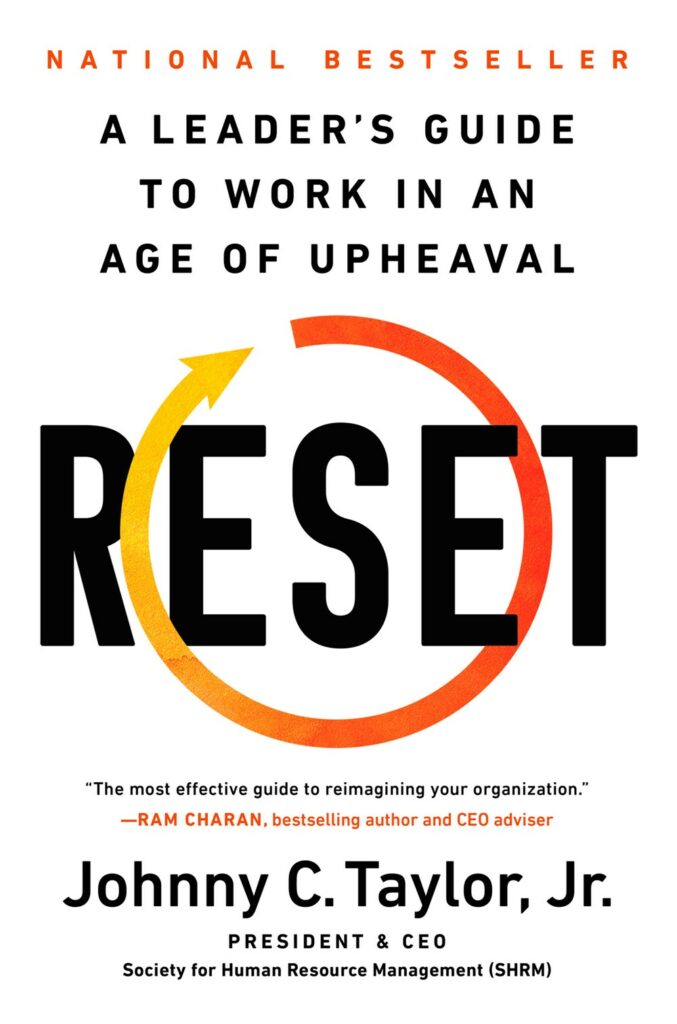 RESET: A Leader’s Guide to Work in an Age of Upheaval
RESET: A Leader’s Guide to Work in an Age of Upheaval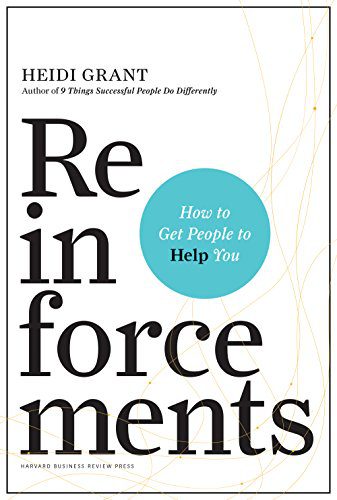 Reinforcements: How to Get People to Help You
Reinforcements: How to Get People to Help You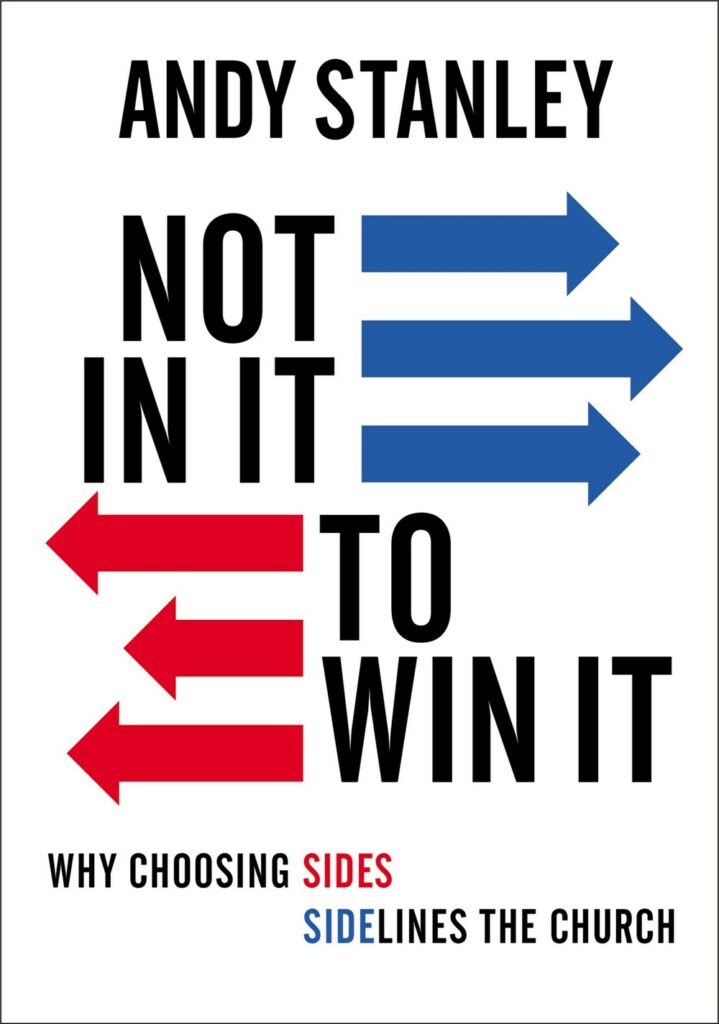 Not In It to Win It: Why Choosing Sides Sidelines the Church
Not In It to Win It: Why Choosing Sides Sidelines the Church How We Love Matters: A Call to Practice Relentless Racial Reconciliation
How We Love Matters: A Call to Practice Relentless Racial Reconciliation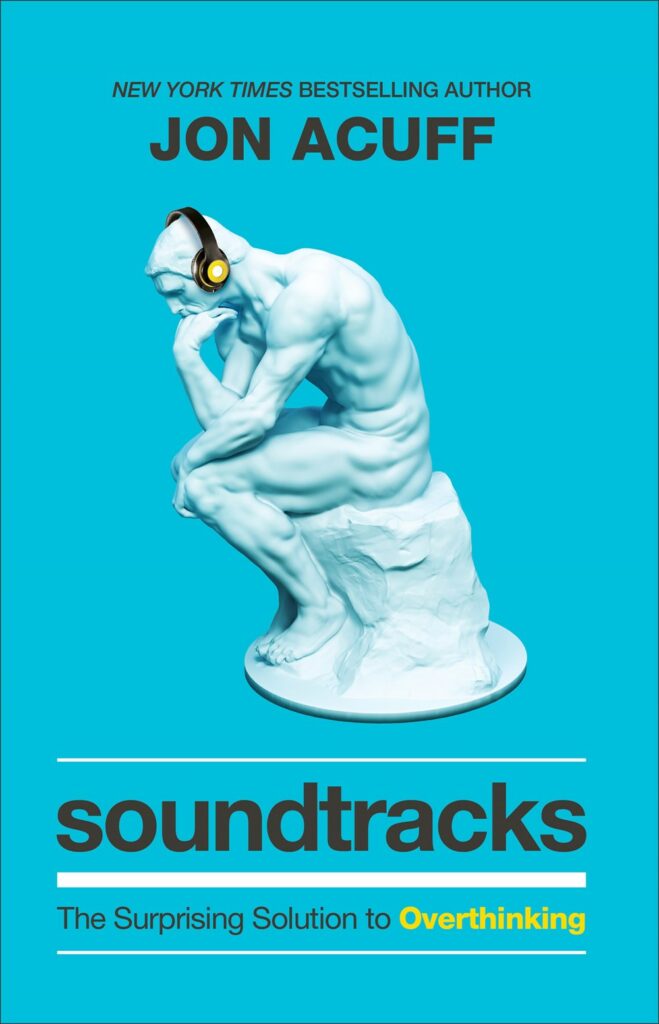 Soundtracks: The Surprising Solution to Overthinking
Soundtracks: The Surprising Solution to Overthinking How’s Your Soul? Why Everything that Matters Starts with the Inside You
How’s Your Soul? Why Everything that Matters Starts with the Inside You Called Out: Why I Traded Two Dream Jobs for a Life of True Calling
Called Out: Why I Traded Two Dream Jobs for a Life of True Calling
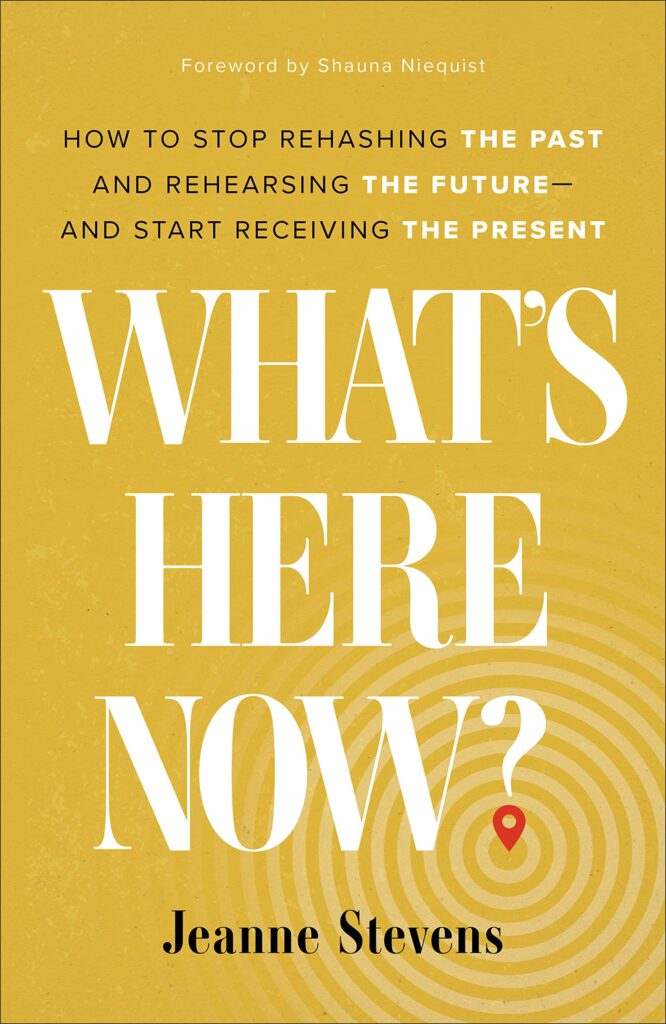




 Having made service and ministry a part of their family values, the Hudson family of six realized God was calling them to serve. “God has always had a ‘missions’ tug on our hearts,” said Kristen. “We have considered moving our family to various developing countries because we feel the burden of sharing Jesus with those who don’t know Him. When the tornado came through, God made it clear to us that THIS would be our mission field for this time in our lives.”
Having made service and ministry a part of their family values, the Hudson family of six realized God was calling them to serve. “God has always had a ‘missions’ tug on our hearts,” said Kristen. “We have considered moving our family to various developing countries because we feel the burden of sharing Jesus with those who don’t know Him. When the tornado came through, God made it clear to us that THIS would be our mission field for this time in our lives.”
Recent Comments